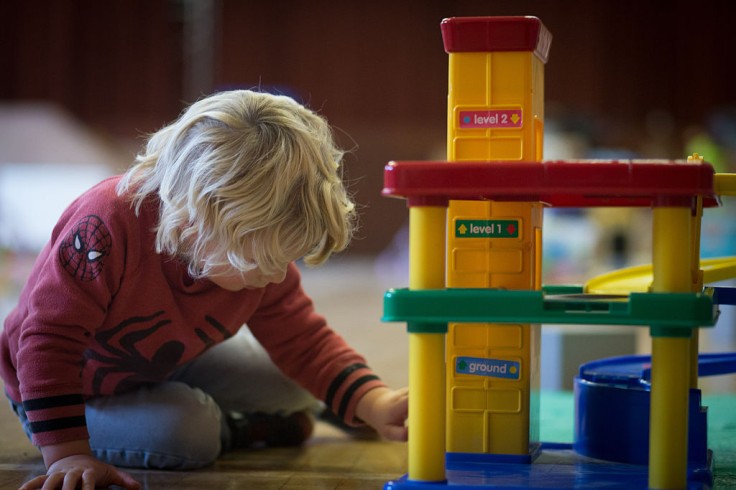
The latest research by the Centers for Disease Control and Prevention discloses an important rise in ADHD diagnoses among U.S. children over the past several years.
US Children Diagnosed with ADHD Increases
The research, which analyzed data from over 45,000 parent responses to the 2022 National Survey of Children's Health (NSCH), signifies that in 2022, 7 million kids aged 3 to 17 had been diagnosed with ADHD, marking a rise of 1 million since 2016.
This means that roughly 1 in 9 U.S. kids have been diagnosed with ADHD at some point. In 2022, 10.5% of kids, equating to 6.5 million, were reported to have current ADHD.
Among these kids, 58.1% had moderate or serious ADHD, and 77.9% had at least one co-occurring disorder, such as anxiety, depression, learning disabilities, or speech delays.
ADHD is distinguished by attention difficulties, hyperactivity, and impulsiveness, starting in childhood and possibly continuing into adulthood. Manifestations include regular daydreaming, forgetfulness, excessive talking, fidgeting, difficulty with social interactions, trouble taking turns, and making careless mistakes, as noted by the CDC.
Diagnosing ADHD involves consulting with a healthcare provider to assess manifestations, as there is no single test for it. Diagnoses can be made by mental health professionals, such as psychologists or psychiatrists, or by primary care providers, like pediatricians.
Despite recommendations for behavioral therapy alone or alongside treatment, only about half of kids with current ADHD, 53.6%, had used treatment, and 44.4% had received behavioral therapy in the past year, according to parent responses.
Nearly one-third of children, 30.1%, did not receive any specific ADHD treatment. Older children aged 12 to 17 and those from non-English speaking households were less likely to receive treatment.
Lack of access and treatment deficiencies, such as the continuous national shortage of ADHD treatments like Adderall, may add to the medication gap.
The Adderall deficiency, which began in late 2022 due to manufacturing delays, has become demand-driven as of early 2024, according to the U.S. Food and Drug Administration.
The rise in ADHD diagnoses may be due to greater public awareness, lessened stigma around treatment, and the influence of the COVID-19 pandemic on children's mental health, according to the study authors.
Children with ADHD are more possibly to face poor health results in adulthood, including obesity, chronic illness, and accidental wounds.
The study's estimates aim to help clinicians in determining untreated kids with ADHD and guide policymakers, healthcare systems, and public health practitioners in ensuring access to essential care and services for kids with ADHD.
What Is ADHD?
Dr. Tasha M. Brown, a child psychologist in New York and owner of TMB Psych Services, stated that the findings were not surprising.
"There is much more discussion about mental health and ADHD symptoms," Brown, who was not part of the study. "Consequently, parents and caregivers are more knowledgeable about what to watch for and are seeking diagnoses earlier."
Brown also mentioned that various factors are impacting children's mental health, particularly the effects of the pandemic on schooling, activities, and friendships.
This has led to an increase in children exhibiting hyperactivity, attention issues, and impulsivity. Lisa Sheinhouse, director of community programs at Ohel Children's Home and Family Services in New York, concurred, noting that awareness and education about neurodivergent disorders like ADHD and autism have grown.
"Our society has moved past the shame and stigma associated with these diagnoses, empowering parents to become more informed and seek help," says Sheinhouse, who also was not involved in the study.